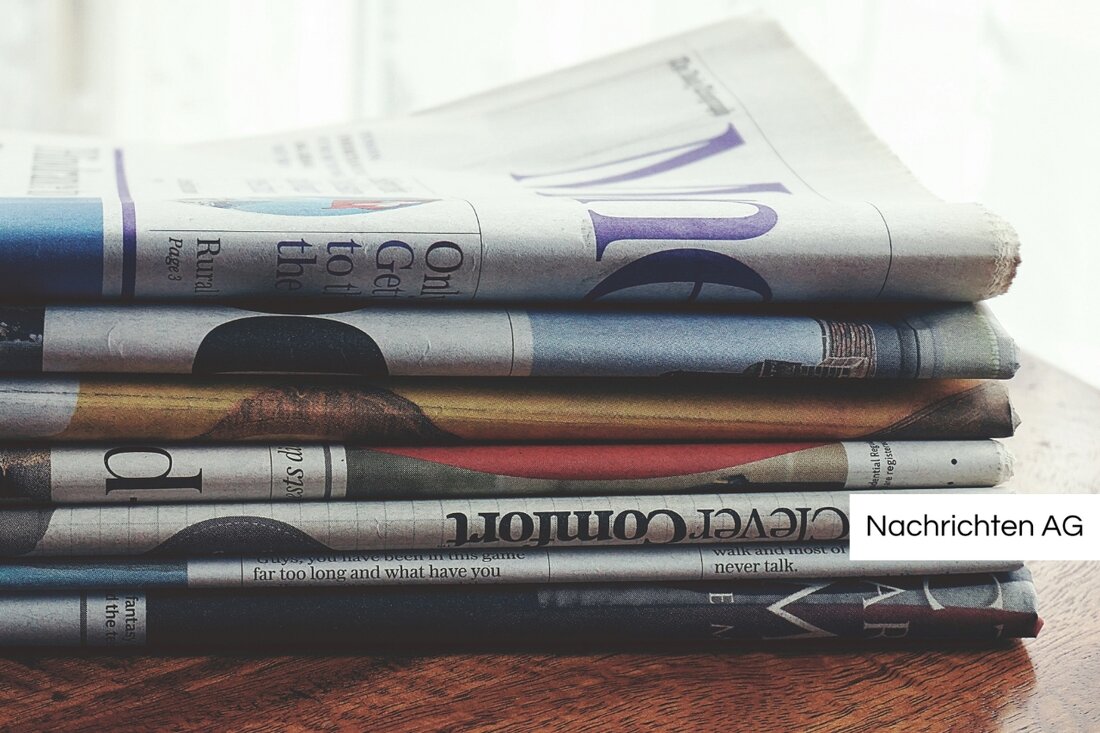Innovative sustainability projects: Konstanz scores points in the ideas competition!
The University of Konstanz received three grants in the “BWGreenLabs” ideas competition to promote sustainable laboratory technologies.

Innovative sustainability projects: Konstanz scores points in the ideas competition!
In September 2025, the Baden-Württemberg Ministry of Science, Research and Art (MWK) announced the winners of the “BWGreenLabs” ideas competition. The aim of the competition is to promote innovative approaches to the sustainable use of energy and resources in research laboratories. This initiative focuses on ecological issues, in particular the reduction of the ecological footprint of research institutions. Competition is very important because laboratories use significantly higher amounts of energy and water compared to office space.
Three projects at the University of Konstanz received a total of 94,000 euros in funding. The projects have the common goal of reducing laboratory waste, reducing water consumption and lowering the carbon footprint. In addition, incentive models should be developed to promote resource-saving behavior. An emerging awareness of sustainability and growing regulatory requirements are driving laboratory managers to integrate sustainable practices and optimize their processes.
The funded projects in detail
The first project entitled “Waste reduction in laboratories” is funded with 35,000 euros. The scientists involved are Prof. Thomas Mayer from biology and Bianca Schell from chemistry. The aim of this project is to reduce laboratory waste and increase the recycled content through the application of the 5R principle (Rethink, Reduce, Reuse, Recycle, Refuse). Waste is analyzed in pilot laboratories and implementable solutions are developed to minimize the amount of waste. Recording water consumption is also part of the concept, including setting up a chemical exchange.
The second project, “Energy saving in laboratories”, also receives 35,000 euros in funding. Prof. Lukas Schmidt-Mende (Physics) and Axel Wolff (Facility Management) work together here. The goal is to reduce energy consumption and CO2 emissions in the laboratories. The building blocks of this project are based on already successful measures of the EFFEKTIVA project in the ML building and are to be expanded to other specialist areas. These measures will be integrated into the planned Sustainable Lab tool.
The project series is rounded off by the initiative to “design incentives for sustainable behavior”, which is funded with 24,000 euros. Prof. Urs Fischbacher and Julia Werner from economics are working together on this project. The main goal is to promote sustainable behavior through financial incentive systems for work groups that are involved in, for example, electricity savings. The innovative approaches also include the introduction of a voluntary flight tax, which is intended to help reduce CO2 emissions.
A comprehensive competition
The “BWGreenLabs” ideas competition supports a total of 29 projects across seven universities and six colleges of applied sciences as well as the Baden-Württemberg Cooperative State University. Each project receives up to 35,000 euros in funding for an initial period of one year. Projects can introduce innovative technologies, such as digital and AI-based solutions to promote sustainable practices or optimize energy and water consumption through so-called “freezer challenges” for freezers.
The challenges for laboratories should not be underestimated. High water consumption for cleaning and cooling processes, excessive energy consumption through ventilation and equipment operation, and chemical waste disposal pose significant challenges. Therefore, it is essential to incorporate sustainable practices to ensure long-term profitability and compliance with environmental regulations. The competition was initially announced in March 2025 to encourage universities in Baden-Württemberg to participate.
An integrative approach to implementing sustainable measures is crucial not only to master the prevailing challenges in the area of research and development, but also to serve as a role model for other institutions. The projects at the University of Konstanz are only a small but important part of a larger project that many universities and research institutes are striving for.
Overall, the competition shows that the direction towards more sustainable practices is firmly anchored in science, while at the same time ensuring the quality and efficiency of research.
For more information about promoting sustainable laboratory practices and ongoing projects, visit uni-konstanz.de, baden-wuerttemberg.de and veoliawatertechnologies.de.

 Suche
Suche
 Mein Konto
Mein Konto